Local elections were held in Germany’s most populous state, North Rhine–Westphalia. The CDU managed to win, but lost one percentage point compared to previous elections: with 33.3 percent, the conservative party came out as the relative winner. This was the first state election since the new CDU/CSU–SPD coalition government took office in May. Chancellor Merz’s position in Berlin has been strengthened. The Social Democrats, SPD, came in second with 22.1 percent, which is a two-point decline. Both parties described the results as a success.
The Alternative for Germany (AfD) became the third largest force, receiving 14.5 percent. In the previous elections in 2020, it had only 5.1 percent. The party effectively tripled its vote share and proved that it can succeed not only in the eastern states, the former GDR.
Currently, there is what is called a firewall against the right-wing party in German politics. There is agreement that no one will cooperate with the AfD in a bid to isolate the party. We will see how long this effort remains successful.
The Greens, with 13.5 percent, were the real losers, dropping by 6.5 percent. The party’s new leadership has so far failed to provide a program that broad segments of the population can embrace and support. The leftist party has no charismatic leaders, and this is reflected in their performance and results. The communist successor party, Die Linke, entered the state parliament with 5.6 percent, while the declining liberal party (FDP) fell below the threshold with 3.7 percent.
The situation in the national elections was similar. The Linke could enter, the FDP fell out. Next year the eastern states will also hold elections. According to surveys, the AfD is leading by a wide margin there. German polls in September showed if national elections were held today, both the CDU/CSU and AfD would receive 26 percent. The advantage of the conservative parties has disappeared. The effects of this will become clear in the coming weeks and months.
The war in Ukraine leaves its mark on everything. Kyiv is requesting more weapons and even more money. The US is only ready to supply them if Western Europeans pay. Ukraine's leadership expects the war to last for years, and a strange future is unfolding.
Part of NATO and the EU supports Kyiv without reservation, increasing both financial and military aid. Ukraine announced that next year its budget deficit will be 16 billion US dollar. It expects not only this support from the West, but also anticipates that in the event of a ceasefire or peace agreement, Western military forces would be stationed on the future Russia–Ukraine border and that Ukraine will need to maintain large armed forces for years, with Western support.
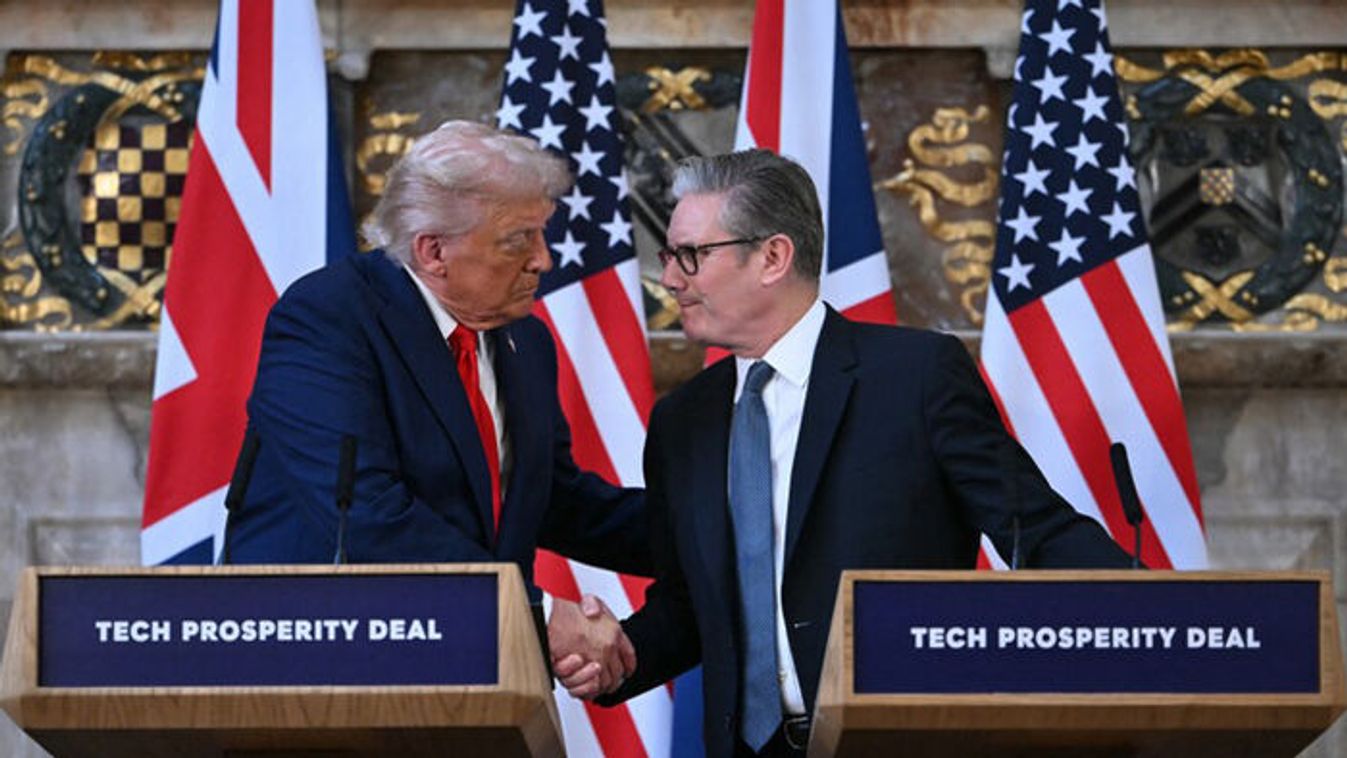





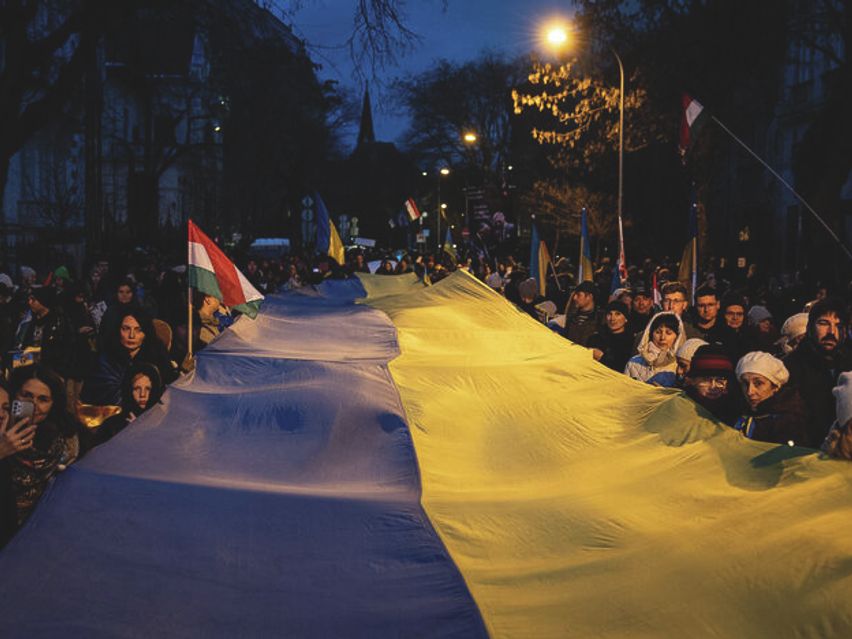
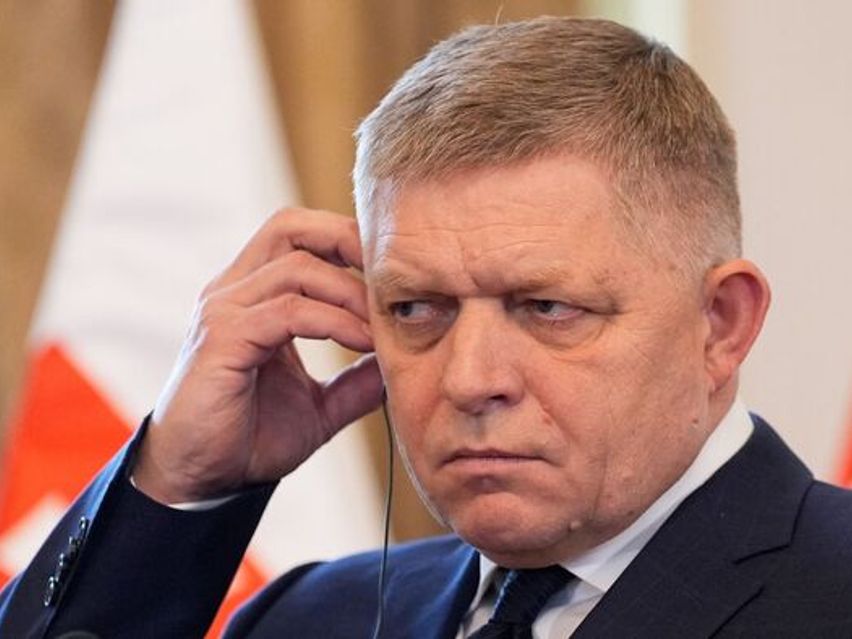
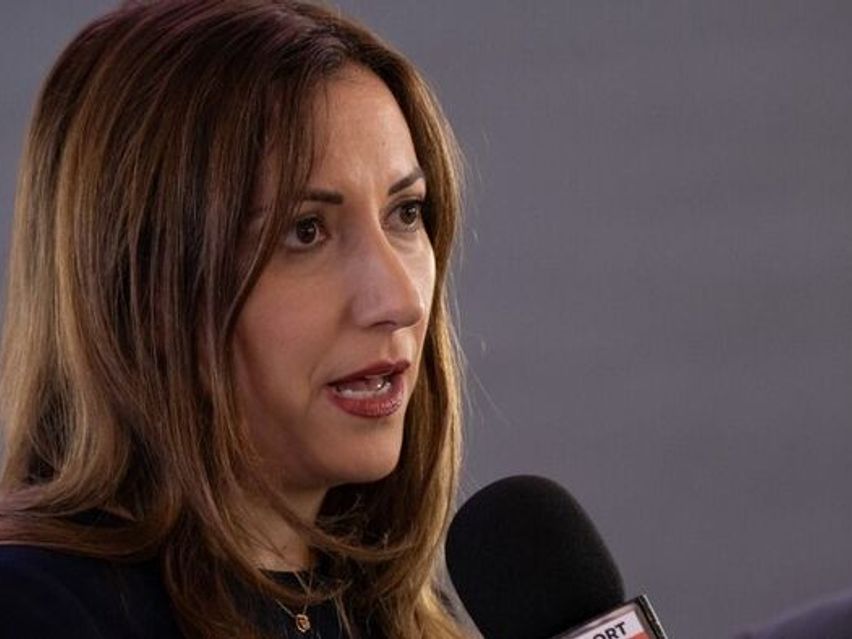


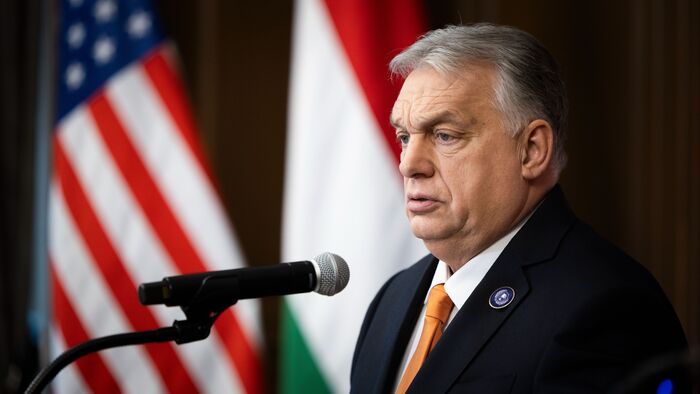
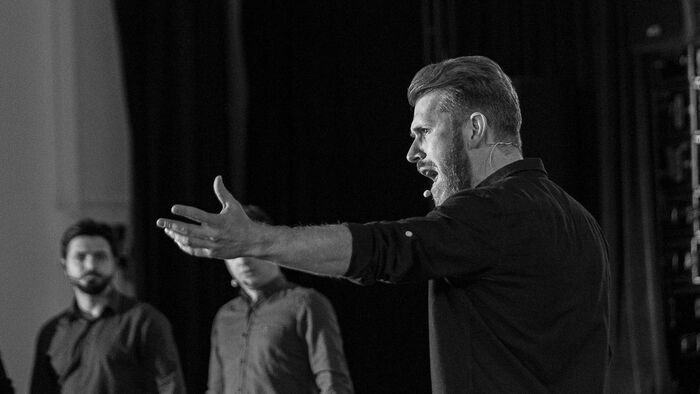
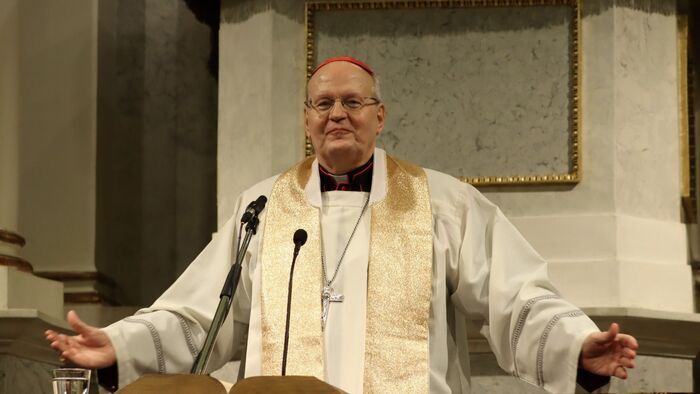

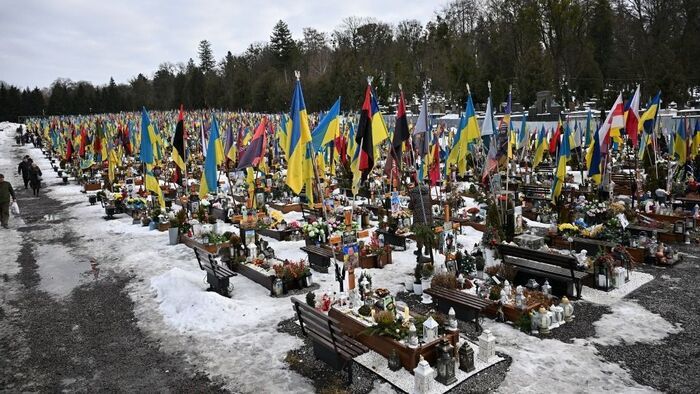
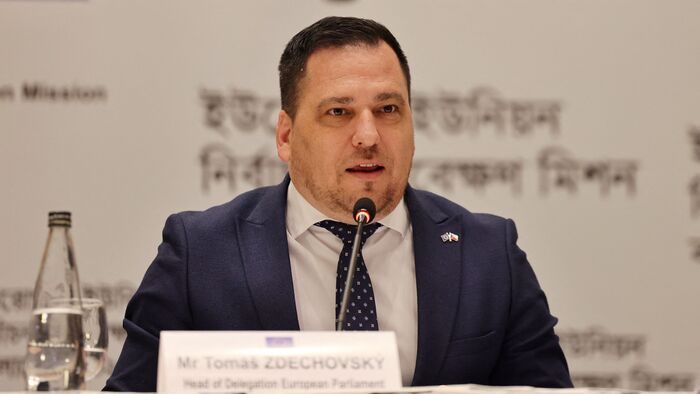
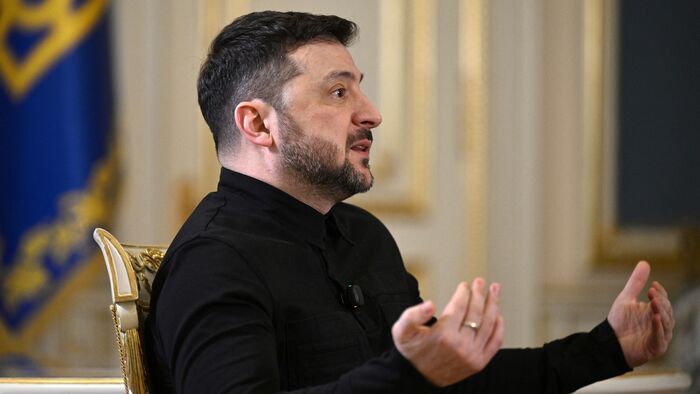


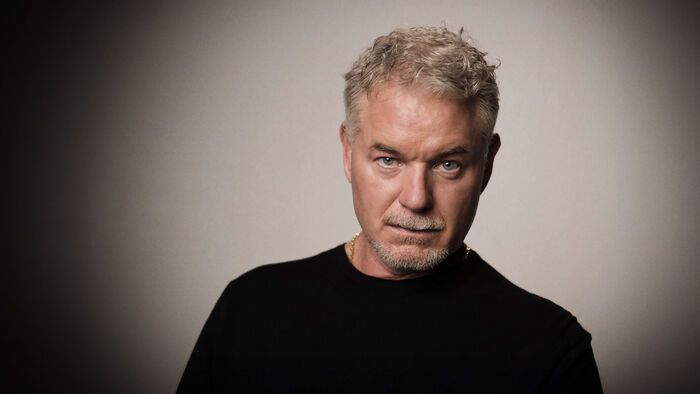


Szóljon hozzá!
Jelenleg csak a hozzászólások egy kis részét látja. Hozzászóláshoz és a további kommentek megtekintéséhez lépjen be, vagy regisztráljon!